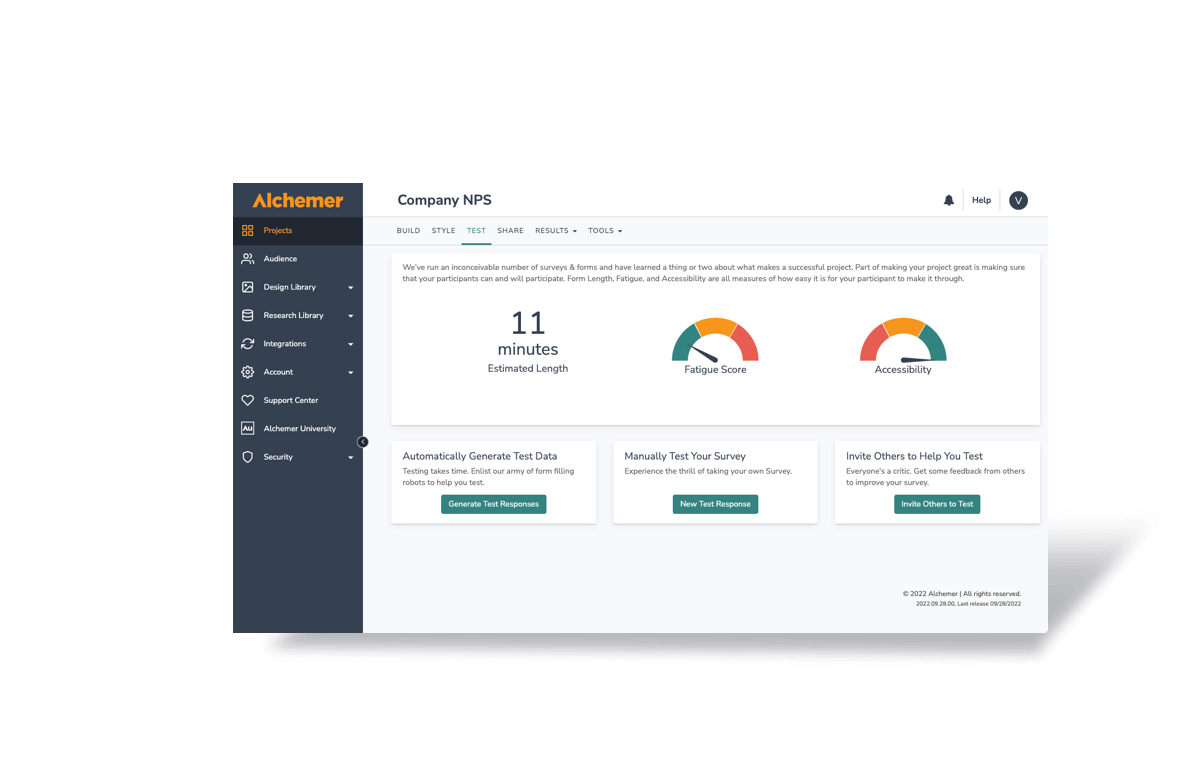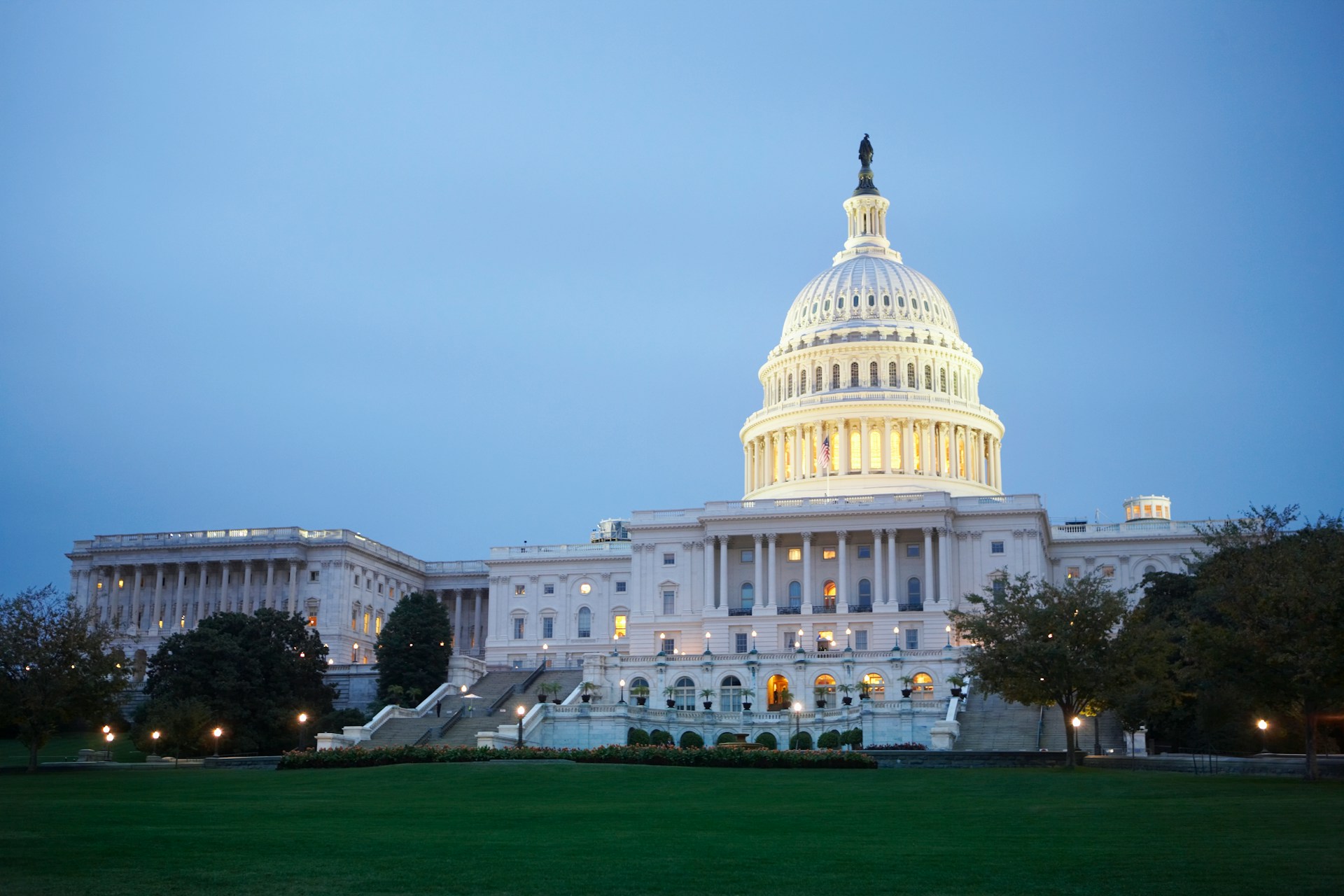Are you excluding marketers and market researchers from your market research studies? Do you ever wonder why? And should you continue to do so?
If you do not want to read this entire article, I will give my opinion: No!
Don’t exclude marketers and market researchers from your market research studies.
Why are Marketers and Market Researchers Disqualified?
Often times, the first screener question in any market research studies is :
“Do you work in marketing or market research?”.
By answering “yes” to either of the options presented in this question, you are disqualified from the study, often receiving a message thanking you for your time.
Definition: Screener Questions – a question or set of questions, usually at the beginning of a survey that determine whether the respondent is qualified to take the survey.
People assume that market researchers, with their intimate knowledge of the industry conducting the study, must be biased and will give prejudiced responses.
People often group marketers into this category because they are seen as closely connected to and working alongside market researchers.
As a market researcher, I find this odd, since I know that I am a completely different beast then the marketers I know. We compliment each other, and we work well together, but we are not nearly the same.
Unfortunately, studies often disqualify researchers and marketers simply because that’s how it’s always been done. People don’t ask questions or consider changing times, and they continue following outdated practices without reconsideration.
Looking at the Numbers
Studies exclude marketers and market researchers, despite them being an integral part of the population, for reasons that don’t make much sense to me.
I am a researcher, so let’s look at the numbers. It seems hard to determine how many people fall into the excluded category, or what percentage of the population they are, but when looking at the US Department of Labor and the Bureau of Labor and Statistics, I found some data:
Four percent of the civilian workforce is recorded as working in the marketing and market research industries and 61 percent of those working in Professional, Scientific and Technical Services are employed in the marketing and market research industries. 1
So what does this mean? You could be missing valuable data on an important group of people. And there are a lot of them! This segment; marketers and market researchers is a significant percentage of the population. Market research studies consistently exclude people working in these industries, and they should no longer do so.
With declining response rates and an increasing numbers of requests for unsubscribes, we can honestly use as many valid respondents as we can get. Excluding a population for no good reason will not stand.
Studies are Biased Without Marketers and Market Researchers
In fact, I believe that not including marketers and market researchers in your research study actually biases the data that you will collect. Unless your target audience does not include these industries, I believe that you should include and not exclude them from your study.
When sampling from a population, each person in that population should have an equal chance of being selected. By excluding people in these industries you are not giving each member of that equal chance.
You would be introducing bias by excluding them!
Definition: Population – A population is the entire group of individuals for which a conclusion is being drawn.
Specifically, if your study focuses on areas that market researchers excel, or flourish, you may be doing yourself more harm then good by excluding them. If your study is about, say, Broadway show tunes, then you may be missing out on a key segment, as almost every market researcher I know can bellow out Broadway lyrics on the spot, and have a higher than average show attendance. You would not want to miss out on respondents like that if you were with The Broadway League, would you?
But I digress…
They May Just Be the Best People to Participate!
Now, I am just one person, but I can tell you that when I take a market research study, I spend quality time responding to each question. And I think that most marketers and market researchers do the same.
When a study includes me, I feel excited and then quickly focus on the task. I am not thinking about how the survey tool wants me to answer or what response would get me through to the end the quickest. Knowing that a lot of time, energy, and hard work went into the study motivates me to give my best responses and help ensure its success. I stay engaged and answer to the best of my abilities.
know that a lot of time, energy, and hard work went into the study, so I want to give my best responses to help ensure its success. In fact, it is really no different than the way a product advocate would respond to your survey, and you surely you would not want to exclude them from your study!
Is it Okay to Exclude Segments?
When you are working on any market research project it is critical to know your target audience before diving in and conducting your study. Sometimes this requires some work upfront; even a qualitative research project to get to know your audience.
Definition: Qualitative Market Research – Involves using marketing research techniques to gather data from a relatively small group of respondents without analyzing if for statistical significance. This differs from quantitative market research, which is analyzed for statistical significance.
If your target audience is individuals that work in the engineering field, than it is perfectly fine, if not expected that you would exclude non-engineers from your study. And, yes that does include excluding marketers and market researchers. In this case though, it would best to ask respondents a more directed question about what industry they work in:
Please confirm if you are currently employed in the field of engineering.
Now, if by off chance a contact in your sample is a market researcher that is currently working in an engineering position, they would qualify for your study and this would be completely valid.
Definition: Sample – A sub-group of the population, chosen using statistically valid means, in order to represent the population as a whole.
So next time you are considering disqualifying someone that has intimate knowledge of the market research industry from your study, take pause. Consider including them. If you are hesitant, you can capture what industry they are in, and you can see for yourself if these individuals seem biased or just more engaged. And, hey, you never know; you may just find a new target audience for your latest product or service. You just never know!
1Source:Bureau of Labor and statistics – Occupational Employment Statistic – 2007, 149, 320,000 people in the civilian workforce, 6,314,220 people that work in the marketing (NAICS code 541613, with a count of 4,324,284) and market research (NAICS code 541910, with a count of 1,989,936 and 10,284,525 work in Professional and Scientific and Technical Services (NAICS code 541).



